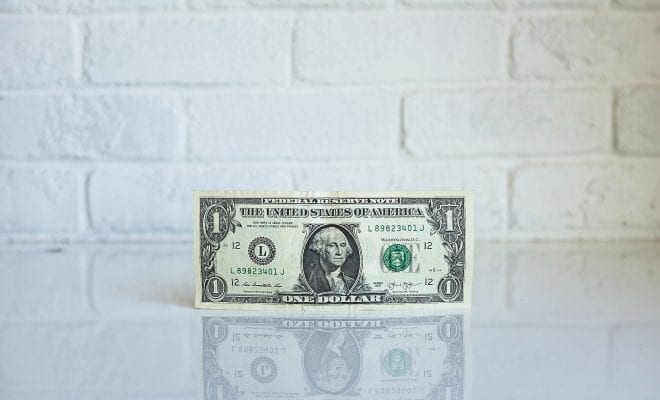
Lifestyle
Protecting Our Future With a Universal Basic Income
Universal basic income has long been discussed as a potential means for escaping the inevitable draw of more and more jobs becoming erased due to advancements in artificial intelligence and automation. UBI comprises of the idea that a country should provide its citizens with an infusion of cash on a regular basis. This idea has been touted by prominent politicians, world leaders, and top executives as being a solution to the problems that artificial intelligence and automation pose for workers.

Photo by NeONBRAND on Unsplash
As we continue to progress into a new age governed by such great technological achievements, more and more of our daily functions will be performed by machines, and the traditional view of hard physical labor will become outdated. Automation will eventually phase out millions of Americans jobs, and AI will even be powerful enough to perform daily tasks that would normally require human intervention.
UBI is thought to be a way to circumvent these issues. Most UBI proposals suggest that it would be distributing a fixed amount of income at regular intervals-a week or month. The average amount in UBI proposals is around $10,000 annually, though this could vary from country to country. In the United States, UBI would cost around $3.2 trillion if kept at the $10,000 mark. Funding for a UBI could come from a variety of sources, including carbon taxes, income taxes, VAT, negative interest rates, and decreases in military spending to name a few.
So is UBI a good idea? There are two common views when looking at the possibility of UBI once AI and automation have taken over. 1 -with people out of work, society would break down as people would lose meaning to life without a driving purpose. 2 -as people are no longer required to perform menial tasks in their everyday lives while at work, they would be free to pursue greater creativity, entrepreneurship, and self-care.
Those are in favor of UBI point to a number of proposed benefits to a system like this. UBI would extremely effective in eliminating households living below the poverty line. UBI would be able to afford everyone a base level of income that would provide security to pay for living essentials like food, electricity, and clothes. This would result in an overall increase in public health and would make strides toward reducing income inequality. UBI would also protect people from wage growth and a lack of job security. In addition, UBI would allow people to stay in school longer and participate in training to improve skills or learn a trade.
Those who are against a UBI argue that it would eliminate the incentive to work, leading to adversely affecting the economy. Some economists argue that a UBI would be unsustainable due to the exorbitant costs it would require to operate. Others argue that if a UBI became global, it could result in hyperinflation, causing the global economy to tank.
UBI has been tested in several countries, with trial projects currently underway in places like The Netherlands, Kenya, India, Switzerland, Finland, France, and many others. Alaska has even had its own version of a UBI since 1982, called the Permanent Fund Dividend. In most of the smaller trial runs for a UBI, the outcome was overall positive, with a reduction in poverty and an increase in overall purchasing power. While we aren’t quite there yet, UBI certainly has the potential to become an effective way to protect us from our technological achievements.


0 comments